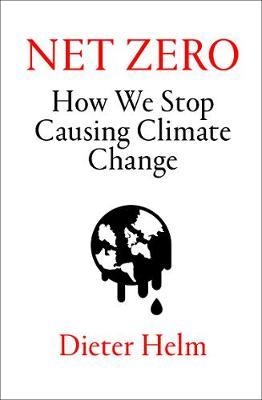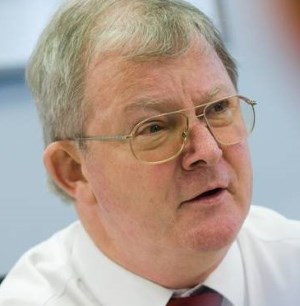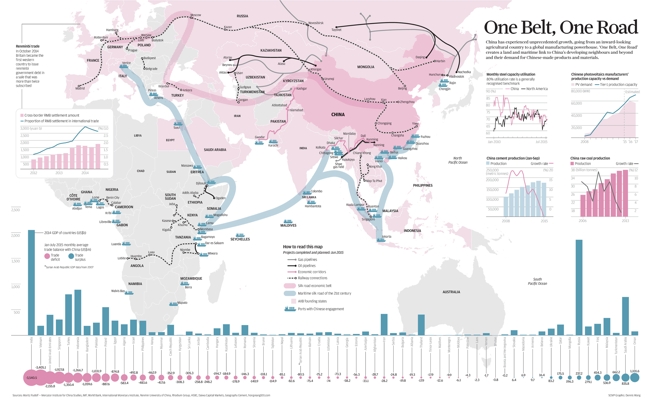Principled sceptical stance
An extraordinary letter to the Taranaki Daily News (copied to Climate Conversation) from a climate sceptic well-placed to hear and and well-qualified to judge competing sides in the global warming controversy. Professor Kelly’s written testimony to the House of Commons Science and Technology Committee, for The Reviews into the University of East Anglia’s Climatic Research Unit’s E-mails, published on 25 January 2011, set out pointed questions directed to Jones and Briffa. This letter, clear and moderate, is in stark contrast to Miss Stewart’s anguished squalling and offers those who share her beliefs an easy delivery from the gut-wrenching fears of their own alarming predictions: check the facts. We echo Prof Kelly’s appeal for moderate language because so-called climate change has a profound importance for the vast amounts of money in it, the tyranny it’s bringing over our lives and the damage being done in its name to scientific integrity. (I hope the Daily News publishes the letter.)
4 June 2011
Dear Editor,
As a New Plymouth Boy, I would like you to do me a favour and let Rachel Stewart know that I think she is doing journalism a disservice.
I expect better from my home town.

Professor Mike Kelly
It is perfectly possible to adopt a position, as I have, of ‘a principled climate science scepticism.’ It is based on the fact that every time an engineering-standard analysis is done of the climate data, one ends up contradicting the results of the climate change modellers. I am heavily involved in the debate in the UK.
My views on the East Anglian Science are on the web, and in the UK Parliamentary record. See pp21ff of The Reviews into the University of East Anglia’s Climatic Research Unit’s E-mails.
If she cares to take a look at the attached ppt slides, she will see that there is a systematic divergence, now 16 years old, between the modelling results and the actual data on climate temperatures. At what point do we accept the data over the IPCC models?
She might like to look at the recent analysis by Pat Franks which tightens the conclusion that the anthropogenic contribution is at most 0.3°C per century. This concludes that it is rising temperatures that are increasing the atmospheric carbon dioxide, not the other way round. Continue Reading →
Views: 966







